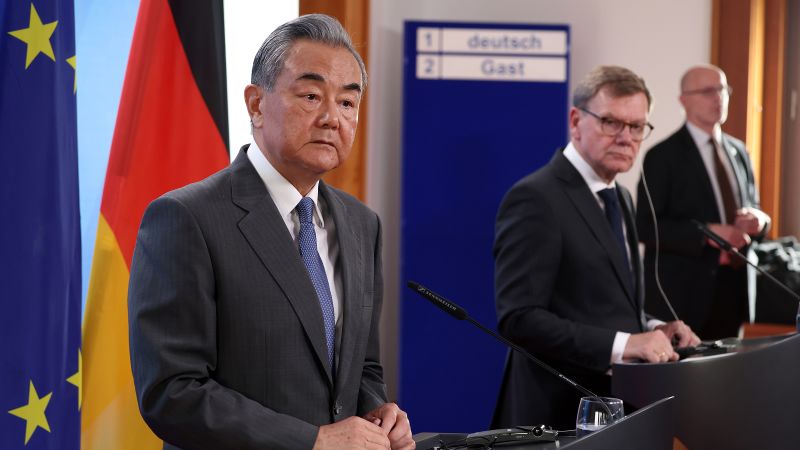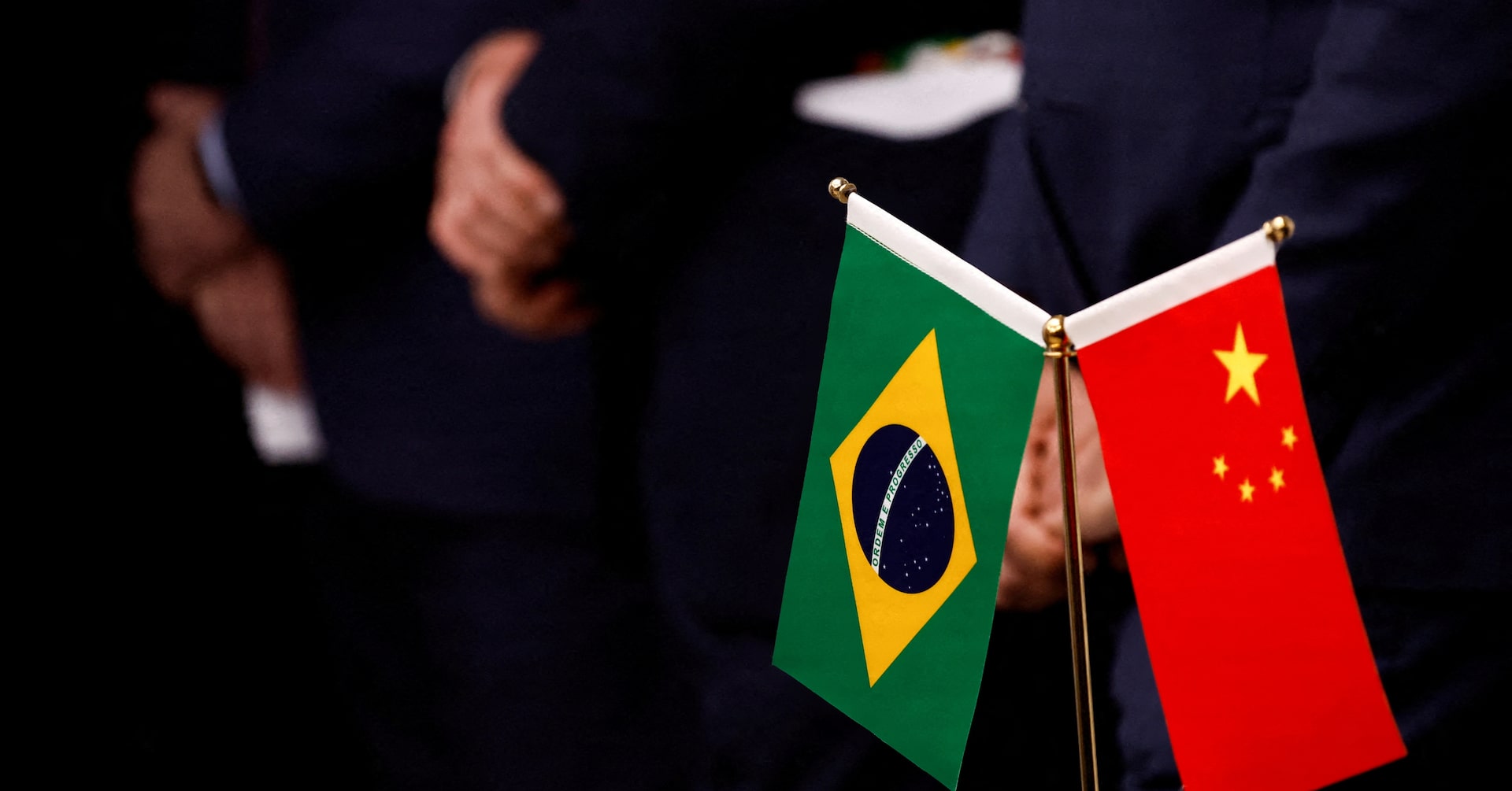In January, President Trump signed Executive Order 141479, titled “Removing Barriers to American Leadership in Artificial Intelligence.” The order echoed President Biden’s executive order to prioritize American global dominance of AI.
Of course, there were some significant differences. Trump’s approach favored removing the few restrictions that the industry faces today, and undid parts of Biden’s order. One of the main things that Trump’s order did was call for the creation of an “Artificial Intelligence Action Plan.” Today, OpenAI published its recommendations for this plan in a 15 page letter.
The TLDR: If you want us to beat China, we have to become more like them.
In the letter, OpenAI’s VP of global affairs Chris Lehane lists several unique “advantages” that China has that could put America at a disadvantage.
-
China is an authoritarian state, which gives the unfair ability to “quickly marshal resources — data, energy, technical talent, and the enormous sums needed to build out its own domestic chip development capacity.”
-
China isn’t restricted by strict enforcement of IP laws, and can train on whatever content it pleases
-
China can spread the use of its homegrown AI tools like DeepSeek to its global partners
-
China doesn’t have to comply with pesky US state laws, and can engage in “regulatory arbitrage” due to the patchwork of regulations that have emerged due to a lack of federal legislation governing AI development.
It’s worth noting that the majority of the technology driving today’s AI explosion was all created in the US, without those Chinese “advantages.”
Also, this whole time there have barely been any restrictions on the development of AI in the US, with the exception of the requirements that came late in Biden’s term from his executive order, which required the largest, most powerful models to be submitted to safety reviews by regulators before release.
Despite US lawmakers on both sides of the aisle repeatedly saying AI regulation was a priority, the deeply divided Congress simply couldn’t get any bills passed on the issue. That’s why the states stepped up to fill the vacuum.
We want regulations…but voluntary ones
OpenAI says it wants the “freedom to innovate.” Lehane writes in the letter:
“We propose a holistic approach that enables voluntary partnership between the federal government and the private sector, and neutralizes potential PRC benefit from American AI companies having to comply with overly burdensome state laws.”
OpenAI’s leaders have really talked up the capabilities and prosperity that their tools will unlock, as well as the strategic advantage it can provide for national security applications. But the company also wants to sell its AI products around the world.
Lehane calls for an export control strategy that applies a “commercial growth lens” to promote the adoption of “American AI.”
“Freedom of intelligence”
The letter wants to ensure people’s “freedom of intelligence,” which calls for widespread access to cheap, powerful AI.
But it also includes a cautionary note for the Trump administration.
The company calls for people to be “protected from both autocratic powers that would take people’s freedoms away, and layers of laws and bureaucracy that would prevent our realizing them.”
Just Last week, Axios reported that Secretary of State Marco Rubio was spearheading a plan to use AI to track down and target foreign nationals for revocation of US visas, based on their speech and actions.
OpenAI did not immediately respond to a request for comment.


